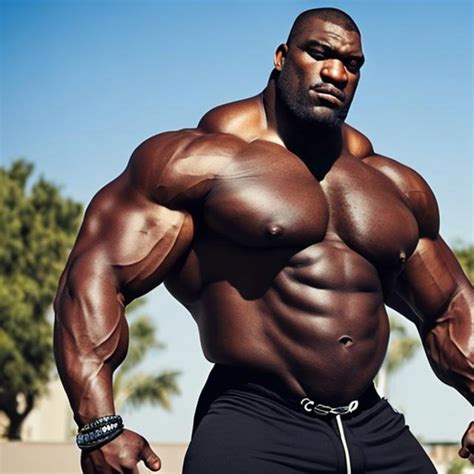As men navigate the significant life transitions of entering long-term romantic relationships and particularly fatherhood, the landscape of their friendships inevitably undergoes a profound transformation. What was once characterized by spontaneous gatherings, shared single-life adventures, and frequent communication often evolves into something different, yet not necessarily diminished. This evolution reflects a recalibration of priorities, time, and emotional energy, reshaping the very nature and importance of male bonding.
The Initial Shift: Long-Term Romantic Relationships
When a man commits to a long-term romantic relationship, his primary emotional confidante often shifts from close male friends to his partner. This doesn’t mean friends become unimportant, but the dynamics change. Time, which was once freely allocated for hangouts, late-night conversations, or impromptu events, now needs to be balanced with a partner’s needs and shared activities. Friendships may become less frequent, moving from daily or weekly interactions to bi-weekly or monthly meet-ups.
The nature of interaction also subtly alters. While deep conversations persist, some topics might now be primarily discussed with a partner. Friends might notice a man becoming less available for last-minute plans or needing to check with his partner before committing. This initial phase often tests the resilience of friendships, prompting a shift from sheer volume of contact to the quality and intentionality of the time spent together.

The Profound Impact of Fatherhood
Fatherhood represents an even more dramatic shift. The arrival of children introduces unprecedented demands on time, energy, and mental focus. Sleep deprivation, childcare responsibilities, and the profound emotional weight of raising a family leave significantly less room for pre-existing social patterns. Many fathers find their social circle shrinking, or at least the frequency of interaction with childless friends decreasing considerably.
Friendships with other fathers often gain prominence during this period. These connections offer shared understanding, empathy, and practical advice on the challenges and joys of parenthood. Activities shift from pub crawls or sports games to playdates, park visits, or family-friendly gatherings. The common ground of fatherhood creates a new, powerful bond that can sometimes supersede older, less context-specific friendships.

Redefining Quality Over Quantity
For many men, the post-fatherhood friendship landscape is characterized by a redefinition of “quality time.” A two-hour coffee catch-up might replace an entire weekend trip. Meaningful check-ins via text or phone become crucial. The expectation of constant availability gives way to an understanding that life priorities have changed. True friends are those who understand this shift and remain supportive, even if interactions are less frequent.
Adapting and Sustaining Male Friendships
Despite these changes, male friendships are far from doomed. They simply evolve, requiring intentional effort and adaptation from all parties. Some common adaptations include:
- Scheduled Interactions: Spontaneity decreases, so planning becomes key. Regular, scheduled dinners, golf outings, or gaming sessions ensure contact.
- Group Activities: Family-friendly group outings, where partners and children can also interact, often become a staple.
- Shared Interests: Friends who share hobbies that can be pursued despite new responsibilities (e.g., a weekly online game, a regular gym session) tend to maintain stronger bonds.
- Understanding and Empathy: Both sides must appreciate the changing demands. The man in the relationship or fatherhood role needs to make an effort, and his friends need to be patient and understanding.

The Enduring Importance of Male Bonds
Even as their form changes, male friendships retain immense importance for mental health, identity, and support. These relationships offer a unique space for men to be themselves, share different perspectives than those offered by a partner, and maintain a sense of continuity with their past selves. They provide a crucial outlet for stress, offer a sounding board for life’s challenges, and foster a sense of belonging outside the family unit.
The shared history and mutual understanding built over years become incredibly valuable, acting as anchors during periods of significant life change. While the nature of support might shift from late-night bar talks to advice on parenting or career, the underlying bond of trust and companionship remains vital.

Conclusion: An Evolution, Not an End
The evolution of men’s friendships when they enter long-term romantic relationships or fatherhood is a natural and necessary adaptation to new life roles and responsibilities. While the frequency and spontaneity of interactions may decrease, the depth and intentionality often increase. Successful friendships in these stages are marked by mutual understanding, flexibility, and a commitment to maintaining connection despite new demands. Ultimately, these friendships don’t disappear; they transform, proving their enduring value by adapting to the ever-changing landscape of a man’s life.




